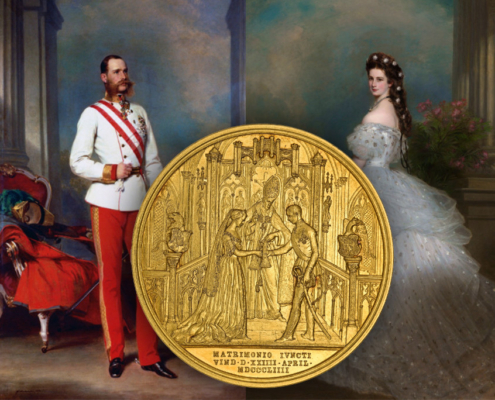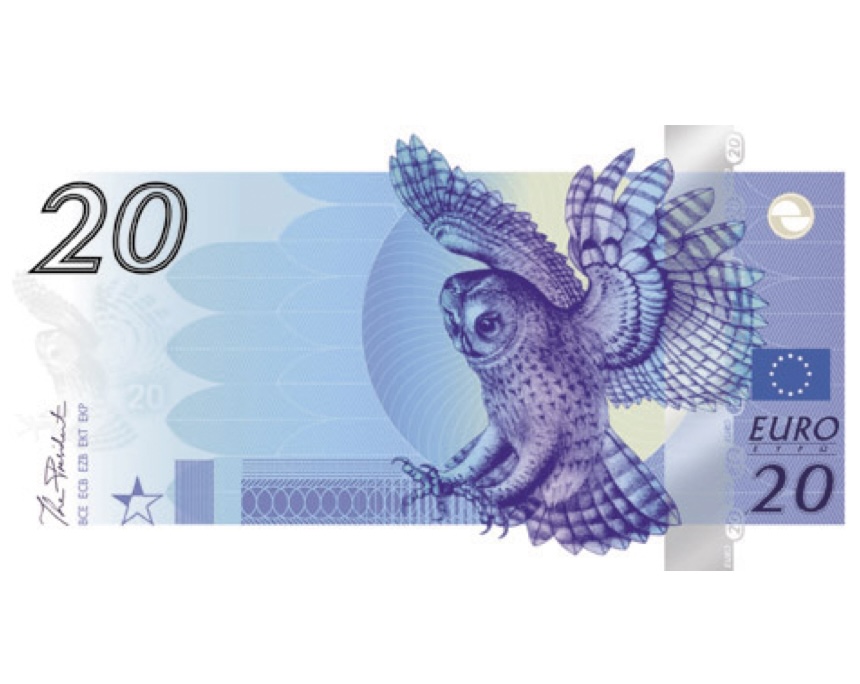Archive: People and Markets
Possible Motifs Selected for Future Euro Banknotes
The Governing Council of the European Central Bank (ECB) has agreed on potential motifs for future Euro banknotes.
Will the International Coin Market Be Affected by the New US Tariff Policy?
America’s tariff regime is dominating the headlines. Yesterday morning (CET), when Ursula Kampmann wrote this article, many countries were under the threat of high punitive tariffs. As of yesterday evening (CET), this is no longer the case. But it is still interesting to consider what would happen in the coin market if punitive tariffs were imposed.
Archive: Coins, Medals and more

Sisi and Franz: Commemorating the Dream Wedding that Was Actually a Nightmare
As part of the phaleristic auction 415 on 28 October 2024, Künker will be auctioning the set of gold medals that Emperor Franz Joseph presented to his father-in-law, Duke Maximilian Joseph in Bavaria. It is the numismatic souvenir of a wedding that turned out to be a nightmare for his daughter – young Elisabeth, who is better known as Sissi or Sisi today.

Cleaning, Patina, Verdigris etc.: Which Errors Affect the Price of a Coin? – Part 2
The price of a coin does not only depend on its rarity and quality. In the second part of our overview we will talk about wear and tear, cleaning and the consequences of environmental processes.










Meeting of the Oriental Numismatic Society 2024 in Tübingen
The annual international conference on Islamic numismatics will take place in Tübingen from May 4 to 5, 2024. The program tempts you to spend the first weekend in May in beautiful Tübingen!
Questions and Answers for Coin Collectors Regarding the Death of Pope Francis
Following five different coin series since 2002, the Vatican is set to issue new euro coins this year. When the change to a new pope on the coins will take place, and how the Sede Vacante will be commemorated numismatically, remains unclear – as does the timing for the return of the Vatican’s coin issuing office for collectors.